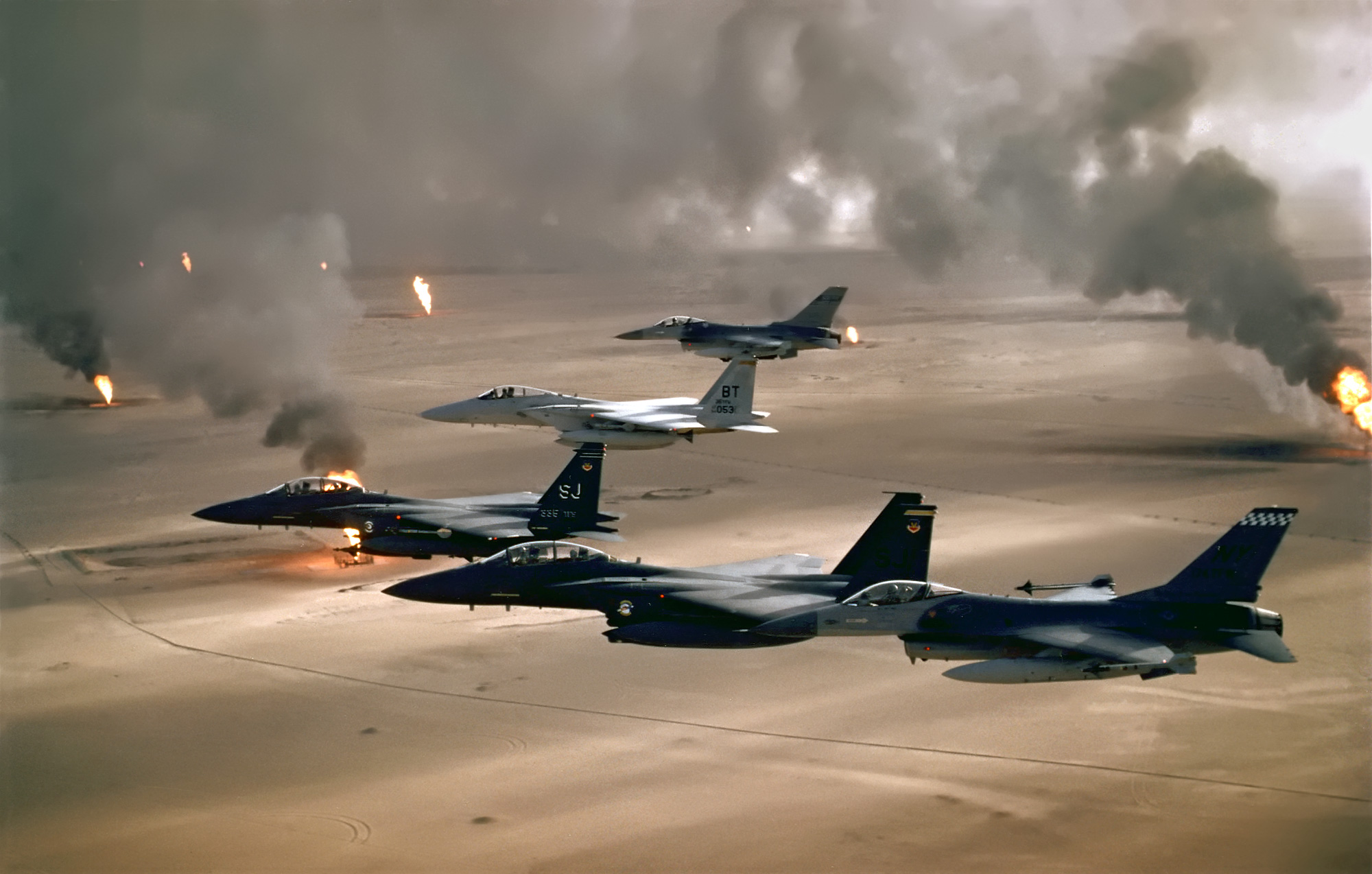Peace enforcement on:
[Wikipedia]
[Google]
[Amazon]
 Peace enforcement is the use of military force to compel peace in a conflict, generally against the will of combatants. To do this, it generally requires more military force than
Peace enforcement is the use of military force to compel peace in a conflict, generally against the will of combatants. To do this, it generally requires more military force than
OPERATIONS OTHER THAN WAR. VOLUME IV "PEACE OPERATIONS"
Military science
 Peace enforcement is the use of military force to compel peace in a conflict, generally against the will of combatants. To do this, it generally requires more military force than
Peace enforcement is the use of military force to compel peace in a conflict, generally against the will of combatants. To do this, it generally requires more military force than peacekeeping
Peacekeeping comprises activities intended to create conditions that favour lasting peace. Research generally finds that peacekeeping reduces civilian and battlefield deaths, as well as reduces the risk of renewed warfare.
Within the United ...
operations. The United Nations
The United Nations (UN) is an intergovernmental organization whose stated purposes are to maintain international peace and security, develop friendly relations among nations, achieve international cooperation, and be a centre for harmoni ...
, through its Security Council
The United Nations Security Council (UNSC) is one of the six principal organs of the United Nations (UN) and is charged with ensuring international peace and security, recommending the admission of new UN members to the General Assembly, an ...
per Chapter VII of its charter
A charter is the grant of authority or rights, stating that the granter formally recognizes the prerogative of the recipient to exercise the rights specified. It is implicit that the granter retains superiority (or sovereignty), and that the re ...
, has the ability to authorize force to enforce its resolutions and ceasefires already created.
Peace enforcement differs from peacekeeping
Peacekeeping comprises activities intended to create conditions that favour lasting peace. Research generally finds that peacekeeping reduces civilian and battlefield deaths, as well as reduces the risk of renewed warfare.
Within the United ...
as peace enforcement activities are generally used to create a peace from a broken ceasefire or to enforce a peace demanded by the United Nations. Compared to peacekeeping, peace enforcement requires more military force and is thereby best done by heavily armed forces. However, it is generally unable to create lasting peace, as it does nothing to deal with the underlying problems which caused the conflict itself.
One of the most famous examples of peace enforcement was the UN intervention during the Gulf War
The Gulf War was a 1990–1991 armed campaign waged by a 35-country military coalition in response to the Iraqi invasion of Kuwait. Spearheaded by the United States, the coalition's efforts against Iraq were carried out in two key phases: ...
to force Saddam Hussein's Iraqi army from Kuwait. The United Nations was thereby able to compel Iraq's compliance with the UN Resolutions which demanded its withdrawal from the region.
A report on peacekeeping and peace enforcement in the 1990s for the United States Army established this difference between peace enforcement and peacekeeping: Peacekeeping, a role the U.N. has played over the years, is relatively straightforward and, despite its difficulties, comparatively easy. Peacekeeping involves monitoring and enforcing a cease-fire agreed to by two or more former combatants. It proceeds in an atmosphere where peace exists and where the former combatants minimally prefer peace to continued war. Peace-enforcement, as it is used by the United States Joint Chiefs of Staff, entails the physical interposition of armed forces to separate ongoing combatants to create a cease-fire that does not exist. Boutros-Ghali, on the other hand, uses the term to refer to actions to keep a cease-fire from being violated or to reinstate a failed cease-fire. It is a subtle difference, but it does imply the existence of some will for peace. The American version more realistically portrays another, far more difficult matter. By definition, in a situation for which peace-enforcement is a potentially appropriate response, war and not peace describes the situation, and one or more of the combatants prefer it that way. This means that, unlike peacekeepers, peace enforcers are often not welcomed by one or either side(s). Rather, they are active fighters who must impose a cease-fire that is opposed by one or both combatants; in the process, the neutrality that distinguishes peacekeepers will most likely be lost.
See also
*Pacification
Pacification may refer to:
The restoration of peace through a declaration or peace treaty:
*Pacification of Ghent, an alliance of several provinces of the Netherlands signed on November 8, 1576
*Treaty of Berwick (1639), or ''Pacification of Berwi ...
*Peacekeeping
Peacekeeping comprises activities intended to create conditions that favour lasting peace. Research generally finds that peacekeeping reduces civilian and battlefield deaths, as well as reduces the risk of renewed warfare.
Within the United ...
*Peacemaking
Peacemaking is practical conflict transformation focused upon establishing equitable power relationships robust enough to forestall future conflict, often including the establishment of means of agreeing on ethical decisions within a community, ...
*An Agenda for Peace ''An Agenda for Peace: Preventive diplomacy, peacemaking and peace-keeping'', more commonly known simply as ''An Agenda for Peace'', is a report written for the United Nations by Secretary-General Boutros Boutros-Ghali in 1992. In it, Boutros-Ghali ...
*United Nations Force Intervention Brigade
The United Nations Force Intervention Brigade (FIB) is a military formation which constitutes part of the United Nations Organization Stabilization Mission in the Democratic Republic of the Congo (MONUSCO). It was authorized by the United Nations ...
References
{{Reflist Mohamed Awad Osman, ''The United Nations and Peace Enforcement, wars, Terrorism and Democracy'', Aldershot, Ashgate 2002. This original work by Dr Osman of London School of Economics (LSE) is a ground-breaking research in the field. It has been reissued by Routledge in 2017-18-19-20-21.External links
OPERATIONS OTHER THAN WAR. VOLUME IV "PEACE OPERATIONS"
Military science